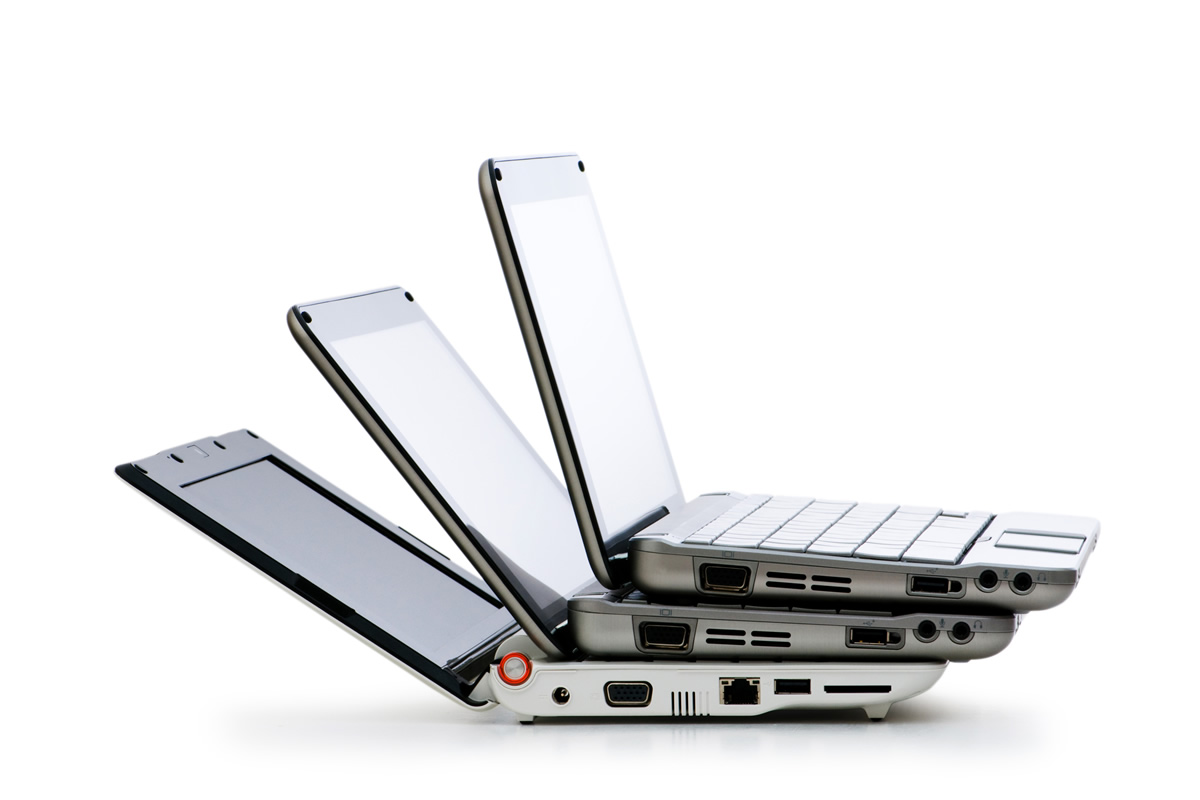Netbooks: Time to say no?
Something interesting is happening in the consumer notebooks market – and it's something that has implications for the enterprise market too.


While the netbook invasion that has so successfully disrupted the old budget notebook market is far from finished, there are definite signs that the honeymoon period is over.
Let's put this in perspective. 13.5 million netbooks were sold in the first half of this year, according to market analysts Canalys, making manufacturer projections of 25 to 30 million sales for 2009 overall seem perfectly feasible. Even if a proportion of these are being sold by telecoms providers alongside mobile broadband contracts, the netbook's killer combination of accessible pricing, slick design and high mobility won't lose its grip for some time to come.
However, that doesn't necessarily mean that every netbook customer is a satisfied one. A June survey by US analysts NPD noted that only 58 per cent of customers surveyed who had purchased a netbook instead of a notebook were happy with their purchase.
The reason? Some 60 per cent of netbook buyers had bought one in the belief that it offered identical functionality to a notebook, which as anyone who has ever used Microsoft Office on an Atom-powered netbook will tell you is clearly not the case. A report by Biz360, surveying customer responses on online stores in the US, came to similar conclusions. In May, Intel executive vice president Sean Maloney admitted that confusion between netbooks and notebooks was an issue, and that some netbook vendors who were blurring the lines were getting return rates as high as 30 per cent.
Some major industry players think they have an answer. Dell, HP, Toshiba, Lenovo and Samsung, amongst others, are all producing ultra-portable notebooks based on Intel's new CULV processors: a line adapting the existing Core architecture into a smaller, less power hungry form factor.
While the likes of Acer and Samsung claim that CULV notebooks won't compete directly with atom-powered netbooks, there's no question that the cheaper, smaller CULV notebooks - those with 11.6in screens, such as Dell's Inspiron 11z or Samsung's X120 - will be going head to head with the more upscale Atom-powered netbooks, including Toshiba's 360 NB200 or Asus' 370 EEEPC 1008HA 'Seashell'. If consumers want a netbook that looks and feels more like an executive laptop they can have one, but why bother when a small price premium will get you a CULV model with netbook-like mobility, but notebook-like performance.
Get the ITPro daily newsletter
Sign up today and you will receive a free copy of our Future Focus 2025 report - the leading guidance on AI, cybersecurity and other IT challenges as per 700+ senior executives
Stuart has been writing about technology for over 25 years, focusing on PC hardware, enterprise technology, education tech, cloud services and video games. Along the way he’s worked extensively with Windows, MacOS, Linux, Android and Chrome OS devices, and tested everything from laptops to laser printers, graphics cards to gaming headsets.
He’s then written about all this stuff – and more – for outlets, including PC Pro, IT Pro, Expert Reviews and The Sunday Times. He’s also written and edited books on Windows, video games and Scratch programming for younger coders. When he’s not fiddling with tech or playing games, you’ll find him working in the garden, walking, reading or watching films.
You can follow Stuart on Twitter at @SATAndrews.
-
 Asus ZenScreen Fold OLED MQ17QH review
Asus ZenScreen Fold OLED MQ17QH reviewReviews A stunning foldable 17.3in OLED display – but it's too expensive to be anything more than a thrilling tech demo
By Sasha Muller
-
 How the UK MoJ achieved secure networks for prisons and offices with Palo Alto Networks
How the UK MoJ achieved secure networks for prisons and offices with Palo Alto NetworksCase study Adopting zero trust is a necessity when your own users are trying to launch cyber attacks
By Rory Bathgate